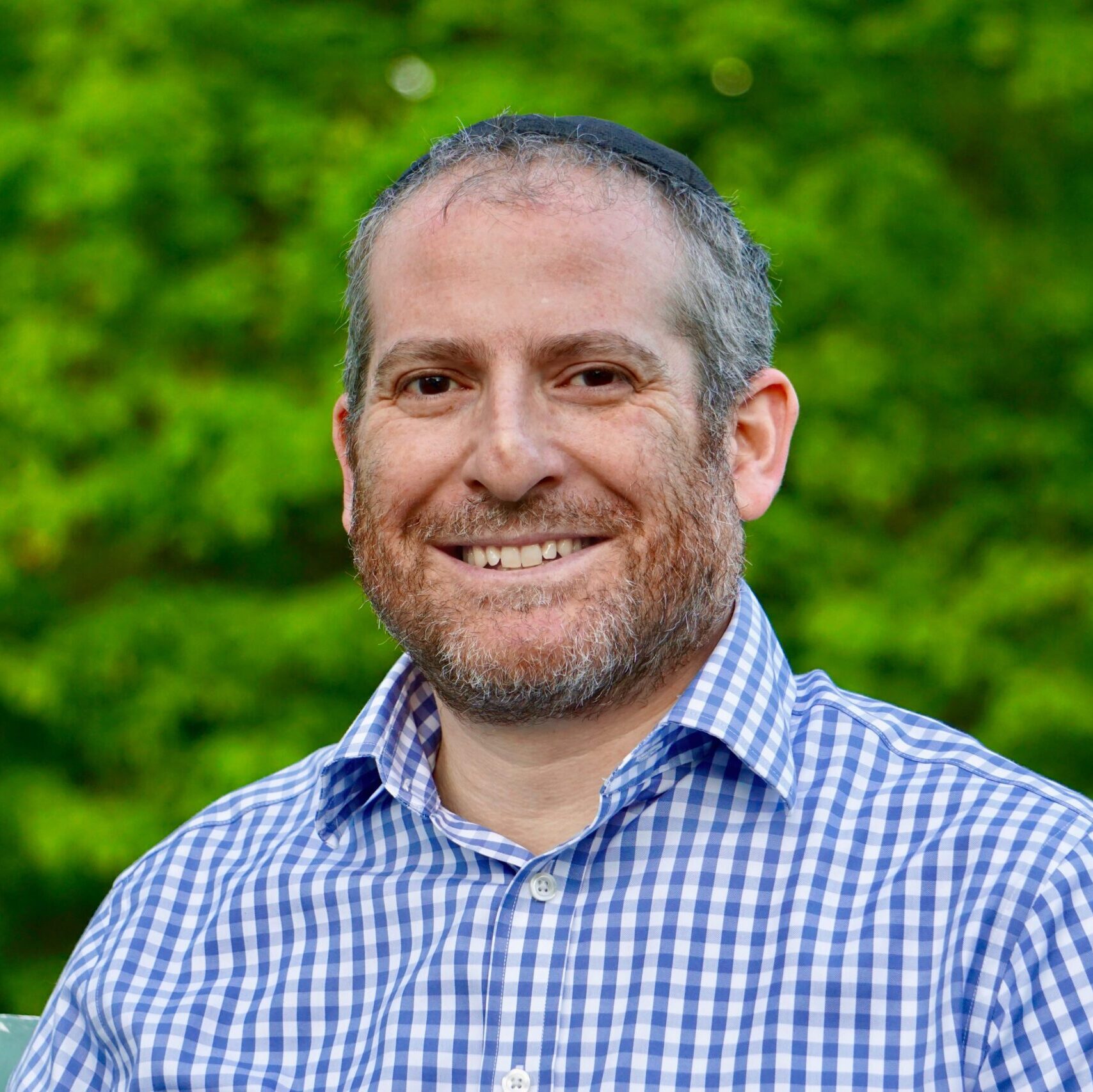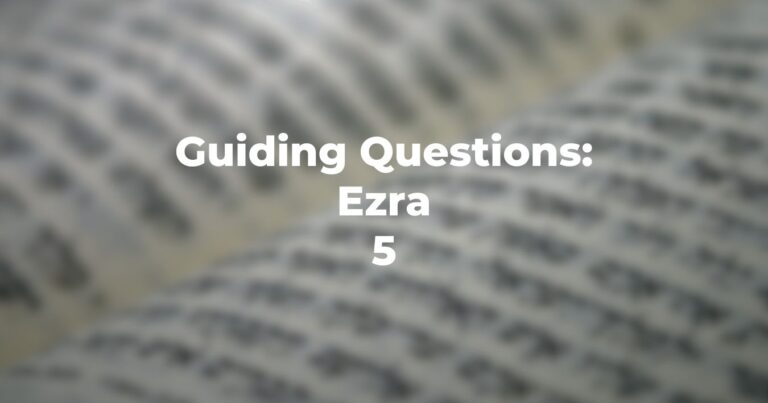We’re approaching the end. The journey through the desert is coming to a close, and Moshe is giving his final instructions to the Israelites before they enter the Land. A theme that Moshe often returns to is the prohibition against serving the false gods of the Canaanites and listening to false prophets, augurs, soothsayers, witches, ghosts, sorcerers, diviners, and those who commune with the dead.
Basically, Harry Potter, big trouble.
In our parashah, and amid the warnings against these practices, one of the great pesukim, verses, of the TorahRefers to the first five books of the Hebrew Bible, the Tanakh, also called the Five Books of Moses, Pentateuch or the Hebrew equivalent, Humash. This is also called the Written Torah. The term may also refer to teachings that expound on Jewish tradition. Read more appears. (Devarim 18:14)
You must be wholehearted with your God, YHWH. :תָּמִ֣ים תִּֽהְיֶ֔ה עִ֖ם ה׳ אֱלֹקיךָ
The simple understanding of the verse in context (peshat) is that we need to be wholly with God and not with other real or imagined forces. But the term תמים tamim has a much broader meaning when abstracted from this narrow context. By looking at Noah, Avram, and Yakov, we can better understand what is being asked of us.
When applied to a person, the term, the character trait, can have a variety of meanings. The first tam we meet is Noah who is referred as tamim b’dorotav (Bereishit 6:9) – righteous or blameless in his generation. These are fine attributes but, as the rabbis pointed out, they are relative, maybe in another generation Noah wouldn’t be such a big deal. Or, maybe, in another generation he’d be even greater.
The second time the word is used in the Torah, it is a call to action: God says to 90-year-old Avram, “Walk in My ways and be wholehearted.” (Bereishit 17:1, Everett Fox translation) This is different from Noah’s character trait—he’s a good guy in a bad time. But God says to Avram, “This is how you need to be, walk in my ways and be wholehearted, no matter what is around you.”
Avram’s grandson, Yakov shares a lot with his grandfather, including the word tam. In Bereishit 25:27 Yakov is called an ish tam yoshev ohalim, a simple man who dwelt in tents. This seems like a non sequitor, what is simple about him and what does his temimut have to do with where he lives? But the first half of the verse was about his brother Esav, a ‘skillful hunter and man of the field.’
Yakov’s temimut is a sort of placidity. He’s a homebody, comfortable in a safe place and not out for action.
There are other meanings of the word, and it is used relatively frequently in TanakhAn acronym for the name of the Hebrew Bible: Torah, Neviim, and Ketuvim. Read more. It can mean complete or consumed—the supply is done. It can mean without blemish—the animal must be perfect for sacrifice.
Among these various meanings of tamim, the most relevant are those that help us as individuals before the Days of Repentance, when we focus on self-improvement.
The Rebbe Kalonymous Kalman Shapira, often known by his work, the Aish Kodesh, wrote a less broadly known work, Hachsharat HaAvreichim. The book is directed at what we now call young adults. It is a step into character development for those who are committed to a life of self-improvement and Torah learning. The Rebbe begins by quoting our verse:
“Be honest, (simple, and whole-hearted) with Hashem, your God.” This is a positive commandment which includes almost every service offered to the Omnipresent.… Clearly, some people find distractions a greater obstacle than others. Everywhere the distracted type goes in the ways of AvodahOriginally understood as Temple service, but expanded to mean any service to God.
Related to: gemilut hasadim. See Pirkei Avot 1:2 Read more (service of God) they are chased by distracting thoughts both concerning opponents and loved ones. The reason other people distract them so easily is simple. Their love and fear of God is not as strong as their love and fear of their fellow man. Edwards/Sefaria translation, adapted.
While the overwhelming challenge of fearing God requires a separate discussion, in the present context, we need to consider what it means to be in focus and to work on what is important. And yes, we are easily distracted, but what is the root of the distraction? According to the Rebbe, the root is not external but internal.
Noah was good in his time. He put aside what was around him. Avram is commanded to be wholehearted, and he goes out into the world and shares his truth with strangers. But Yakov has the hardest job staying tamim because his twin, his alter ego, is pulling him in a very different direction.
Another way to read this is that Noah has to stay blameless in a world of evil, Avraham has to stay true to what he understands is a higher calling, and Yakov has to stay pure even when those closest to him pull on him and say, ‘This isn’t the way.’
We are all subject to these pulls, and most of all to the alter ego in us that draws us away from what we know is good and worthwhile. As we prepare for Rosh HaShanah and Yom Kippur, it’s a good time to identify distractions and invest in your personal temimut.
Author
-

Rabbi Mordechai Rackover serves as Editor in Chief of Exploring Judaism and Director of Publications and Digital Engagement at The Rabbinical Assembly. He has a background in education, campus work, and the pulpit. Mordechai studied for nearly a decade in a number of Yeshivot in Israel and has a BA in Jewish Studies from McGill University and an MA in Jewish Communal Leadership from Brandeis University. When not working he can be found reading or cooking and occasionally catering. Check out his Instagram for mouthwatering shots.
View all posts




